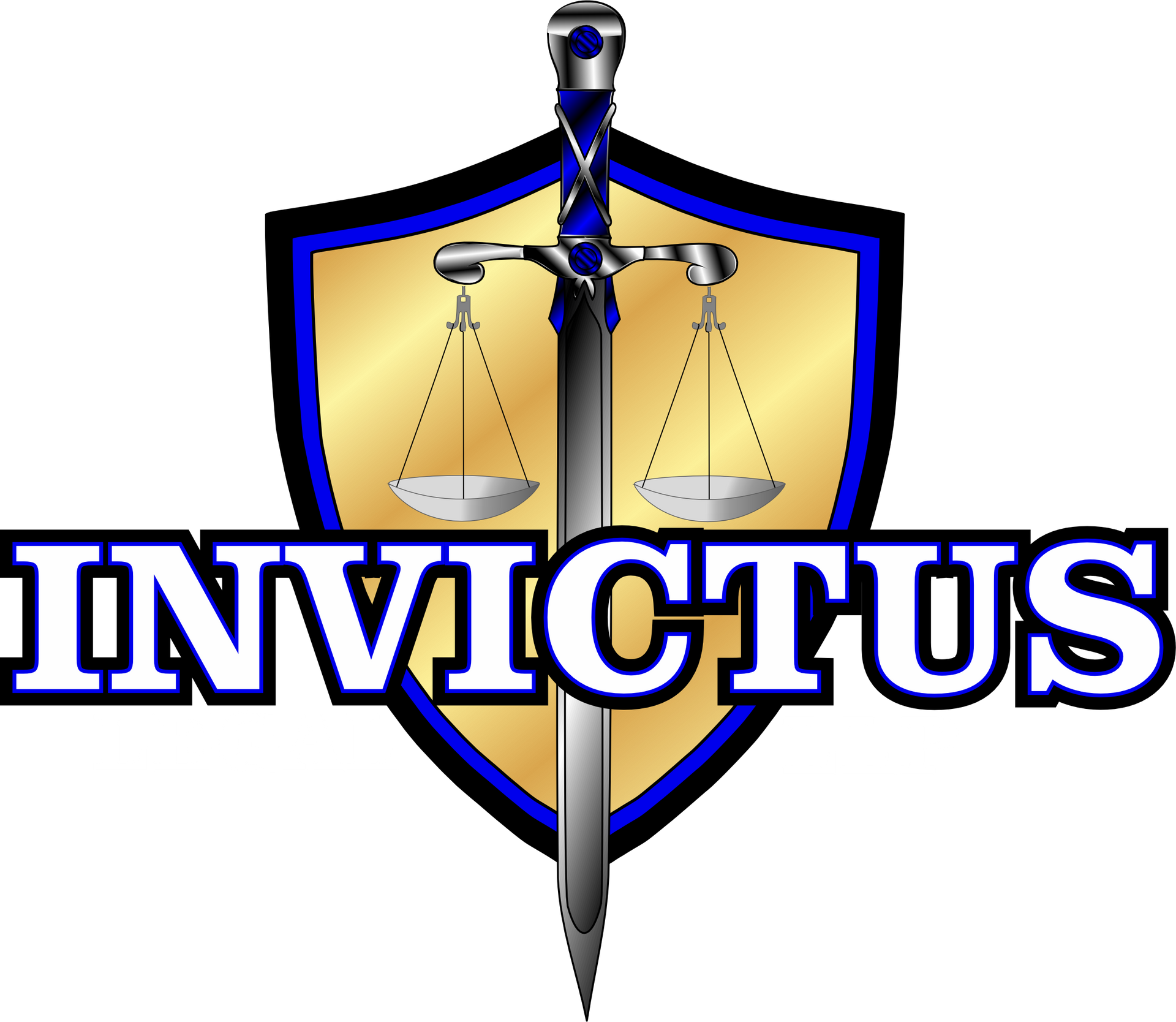invictus legal llp
Fighting Against All Odds - Legal Services in Ontario
At Invictus Legal LLP, our paralegals pay close attention to your legal issues and your desired outcomes. We focus our years of legal and practical experience on resolving your matter(s) cost effectively. What do you need? We can help!
about us
Legal Services in Ontario
We start by listening and understanding what your legal problem is, discover what you wish to achieve. Then we craft our advice to your needs and your personal situation of fact scenario. For you, results matter! The same is true for us. Results for us are happy clients. Or maybe we should say satisfied clients who have achieved their anticipated results. Because we take on the matters that matter to you and fight for you. Results matter always.
Invictus Legal provides Paralegal Services across Ontario. Headquartered in St. Catharines. We provide legal Services in Niagara, Hamilton and Burlington, and in many areas of practice across the Province.
our services


















